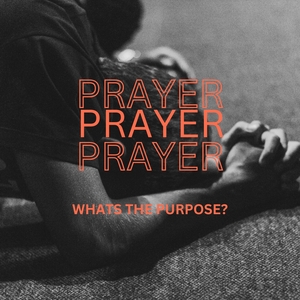Does Hebrews 9:27 refute the idea of a Rapture?
The answer starts by first recognising that we need to let scripture speak for its own purpose. We need to use, interpret and apply scripture in the way it was intended.
What is the writer talking about (at the end of Hebrews Chapter 9)? Is the writer teaching on life and death?
No. The writer is talking about Jesus being a greater high priest, coming from a greater covenant. The writer is making a comparison about how Jesus only had to make Himself a sacrifice once, and that sacrifice was sufficient. So when Christ comes again He will not be coming to make more sacrifice, He will be coming to judge.
Looking at the passage in context:
Heb. 9:24 For Christ did not enter a sanctuary made with human hands that was only a copy of the true one; he entered heaven itself, now to appear for us in God’s presence.
Heb. 9:25 Nor did he enter heaven to offer himself again and again, the way the high priest enters the Most Holy Place every year with blood that is not his own.
Heb. 9:26 Otherwise Christ would have had to suffer many times since the creation of the world. But he has appeared once for all at the culmination of the ages to do away with sin by the sacrifice of himself.
Heb. 9:27 Just as people are destined to die once, and after that to face judgment,
Heb. 9:28 so Christ was sacrificed once to take away the sins of many; and he will appear a second time, not to bear sin, but to bring salvation to those who are waiting for him.
Just as mankind typically die once and then find ourselves in a place of judgment, similarly, Jesus came once to die and then a second time for judgment.
In v.27 the phrase “in as much” could be regarded as “generally speaking”. So, generally speaking, we die once and then face judgment. The writer knows it is not a perfect rule as we are all aware of some exceptions to that rule: Enoch and Elijah didn’t die; Lazarus died once, was resurrected only to die again at some later day (as he was not yet in his eternal body); another exception is the moment of the church’s resurrection, the coming of the Lord (the rapture).
Paul says of that moment that we will not all die (sleep), but we will all be changed (1 Cor. 15:51)
Therefore Hebrews 9:27 is not a proof against the rapture. The writer is simply making an illustration of Christ’s second coming.
Scripture quotations taken from the (NASB®) New American Standard Bible®, Copyright © 1995, 2020 by The Lockman Foundation. Used by permission. All rights reserved. www.lockman.org











